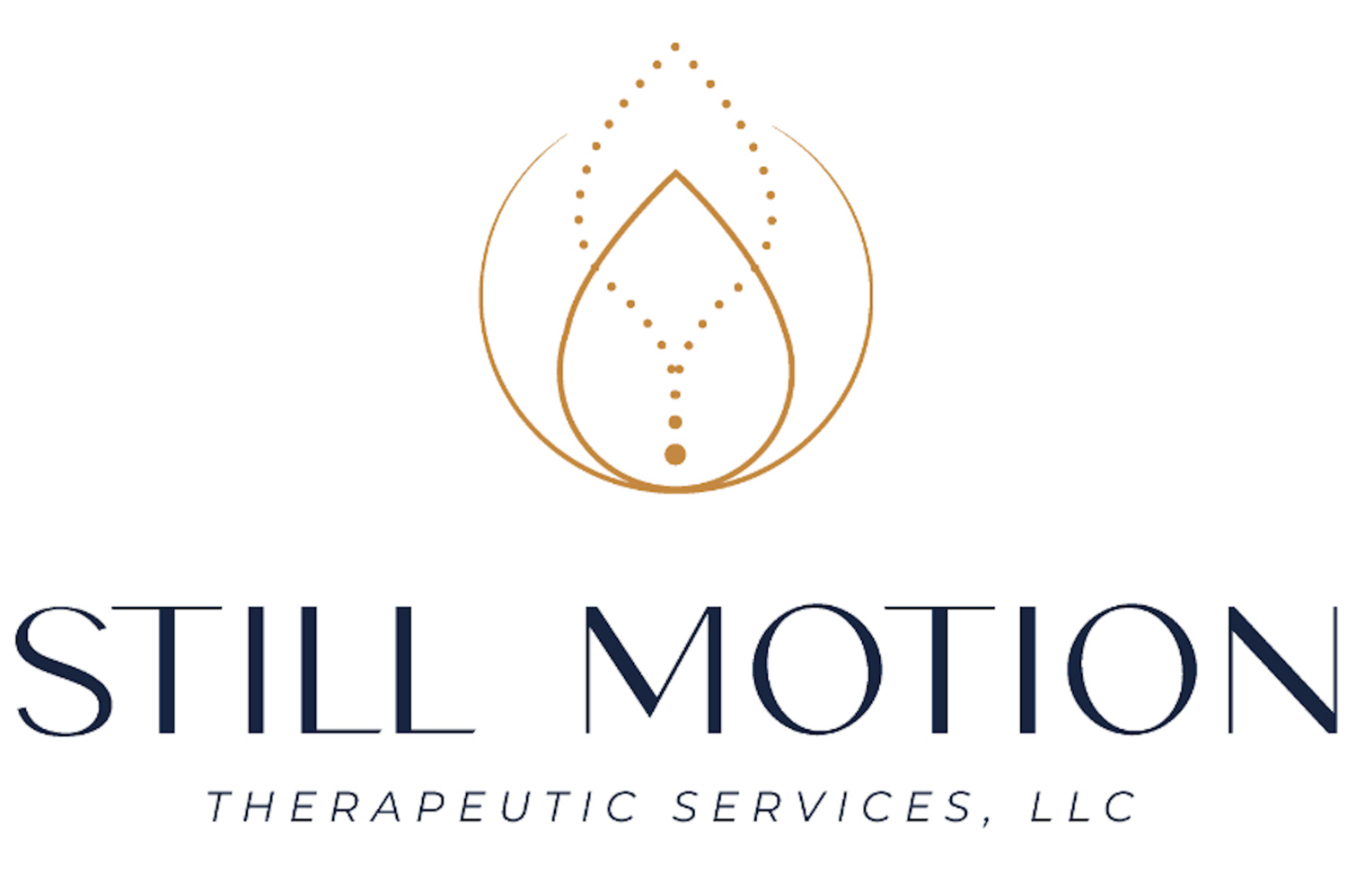Signs of Unhealthy vs. Healthy Relationships
/Relationships are central to our lives—they can bring joy, support, and growth. But not all relationships are created equal. Some nourish us, while others drain our energy and impact our mental health. Recognizing the signs of healthy versus unhealthy relationships is essential for maintaining well-being and fostering connections that truly support you.
Whether it’s a friendship, romantic relationship, or family dynamic, knowing what to look for can help you make informed choices about who you allow into your life.
Signs of Healthy Relationships
Healthy relationships are built on trust, respect, and mutual support. Key characteristics include:
Mutual Respect
Both individuals honor each other’s feelings, opinions, and boundaries.
Differences are accepted without judgment.
2. Open and Honest Communication
Partners or friends share thoughts and feelings openly.
Conflicts are addressed respectfully, not avoided or ignored.
3. Trust and Safety
You feel safe being yourself without fear of criticism or retaliation.
Confidence that the other person will respect your needs and privacy.
4. Support for Growth and Individuality
Encouragement to pursue goals and personal development.
Space for each person to have their own interests and friendships.
5. Shared Responsibility and Balance
Effort, decision-making, and emotional labor are shared fairly.
Neither person feels consistently burdened or undervalued.
Healthy relationships enhance life—they energize, support, and encourage growth.
Signs of Unhealthy Relationships
Unhealthy relationships, on the other hand, often involve patterns that drain energy, erode self-worth, or create stress. Common signs include:
Control or Manipulation
One person dominates decisions or dictates behavior.
Subtle tactics like guilt-tripping, gaslighting, or emotional manipulation may occur.
2. Disrespect or Criticism
Frequent put-downs, sarcasm, or dismissive behavior.
Feeling judged or belittled rather than supported.
3. Isolation
Pressure to cut ties with friends, family, or support systems.
Limiting your freedom to socialize or pursue interests.
4. Fear of Expressing Yourself
Walking on eggshells to avoid conflict.
Anxiety about sharing feelings or opinions.
5. Imbalance and Neglect
One-sided effort where you constantly give but receive little in return.
Emotional, physical, or mental needs are regularly ignored.
Recognizing these patterns is the first step toward change, whether that means setting boundaries, seeking support, or reevaluating the relationship altogether.
Why Awareness Matters
Unhealthy relationships can escalate over time, affecting emotional and physical health, self-esteem, and overall life satisfaction. By learning to identify both healthy and unhealthy patterns, you empower yourself to:
Protect your well-being.
Strengthen existing positive relationships.
Set boundaries with those who drain or harm you.
Make informed decisions about who belongs in your life.
Healthy relationships nourish, support, and uplift. Unhealthy relationships drain, control, or harm. Reflecting on your own relationships and noticing these patterns is a critical step toward emotional wellness.
If you recognize unhealthy dynamics in your life or struggle with setting boundaries, counseling can provide guidance, tools, and support to improve your relationships and overall well-being.
Investing in healthy relationships is investing in yourself—and it’s never too late to start making positive changes.

